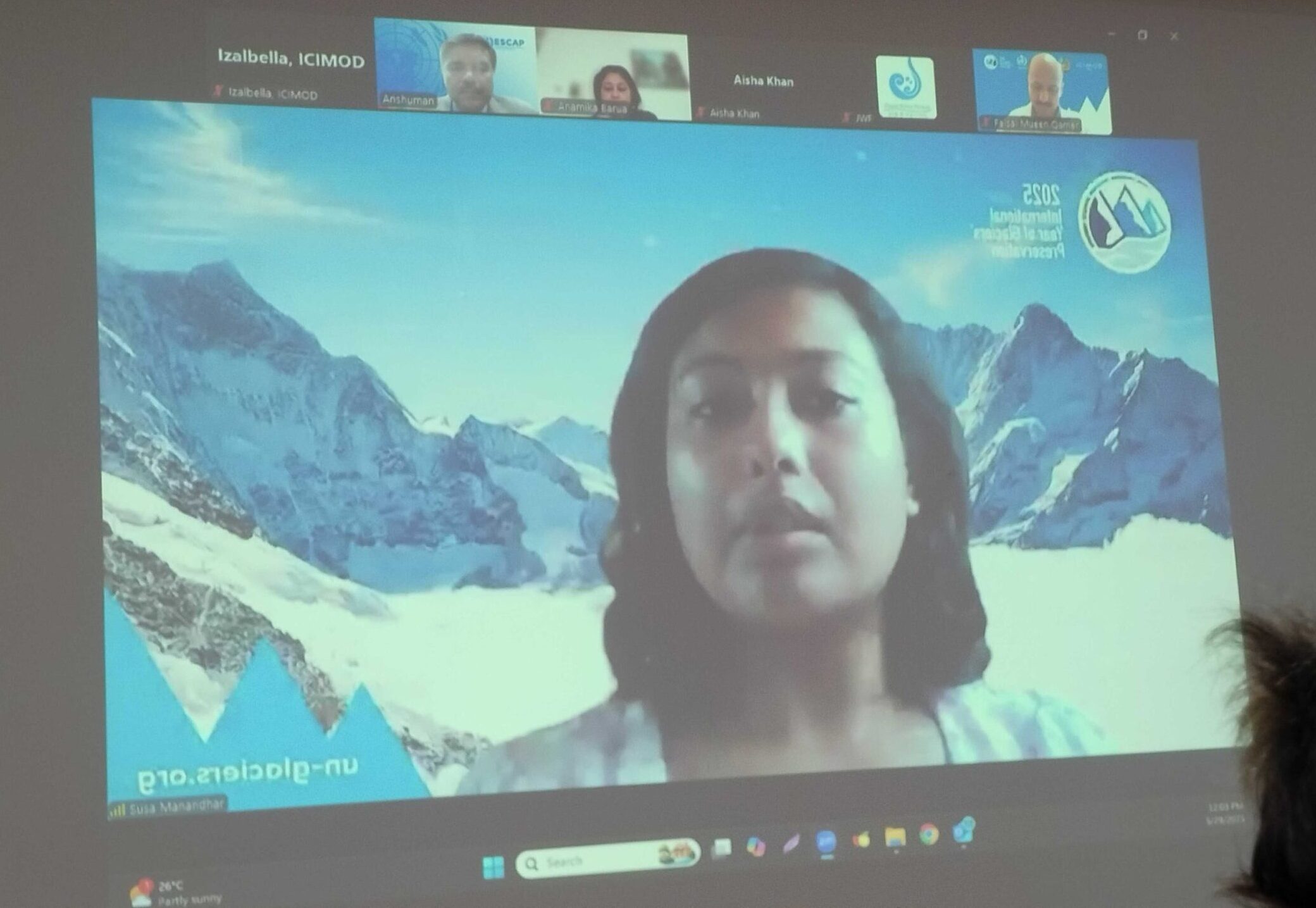The Small Earth Nepal (SEN) in collaboration with Karesabari Agricultural Cooperative conducted a 3-day training on vegetable farming based on climate-smart agriculture technologies at Mulpani, Kageshwori Manohara Municipality, on the 23rd, 24th, and 30th of November. This training is a part of the project “Promoting the adoption of Climate-Smart Agriculture practices among female smallholder farmers of Kageshwori Manohara Municipality through integrated training and establishment of demonstration site and resource center on Climate Smart technologies” funded by Canadian embassy under Canadian Fund for Local Initiative (CFLI). The main objective of this 3-day training on vegetable farming was to enhance the knowledge of the female smallholder farmers for adoption of Climate Smart Agriculture practices.
The 3-day training was initiated with welcome remarks from Er. Mahendra Bahadur Gurung, Executive Director of the Small Earth Nepal. Er. Gurung heartily welcomed all the participants, experts and guests and urged the participants to learn as much as they can about new technologies in vegetable farming. Mr. Dhiraj Pradhananga, President of the Small Earth Nepal talked about the project in brief, emphasizing the goal of uplifting the livelihood of female smallholder farmers of the project area. Mr. Anil Regmi, one of the trainers, described the contents of training sessions and described what participants will learn at the end of the training. In the end, Mr. Krishna Chandra Shah, Chairperson of Karesabari Agricultural Cooperative gave a closing remark, stating this training is a good opportunity for local farmers to learn new things about vegetable farming. He further exclaimed he is extremely happy and thankful to have brought this project to Mulpani area where such projects have never been implemented before.
After the opening session, the 1st day of the training session was initiated. The 3-day training was divided into two days of classroom instruction with a few practical sessions and one day of hands-on demonstration in the field for climate-smart agriculture technologies. The classes focused on farm management, soil content (nutrients) imbalances and their effects on plant growth, the importance of agribusiness in Nepal, making of tunnel houses, diseases and pests in vegetables with organic-based remedies and the practical implementation of sustainable agricultural practices. At the field site, the farmers were shown how to conduct a soil test, build efficient composting systems, and implement drip irrigation.
Altogether 35 smallholder farmers were present in the training with 25 females and 10 males. After completing the training, one of the participants said, “I have found this training to be very helpful. I am fascinated by the cropping calendar which helps to produce vegetables exactly on the required (planned) day but now that I have learned about it, I have become very interested. I am ready to learn more and use this on my own farm.”
Agriculture is Nepal’s primary economic sector, involving 65% of the population that contributes about 33% of GDP, and is also the biggest consumer of water. In a city like Kathmandu where water is limited and highly contaminated and 75% of rainfall occurs in just four months, the adoption of climate-smart practices can vastly improve agricultural productivity. For example, drip irrigation is a cost-effective way of making the best use of limited water. It uses 30-65% less water than conventional water methods, improves plant growth, and saves time. Additionally, because the training was specifically oriented toward women, they are now able to implement the systems themselves in their own farms and household gardens and are empowered to train the rest of the community.






